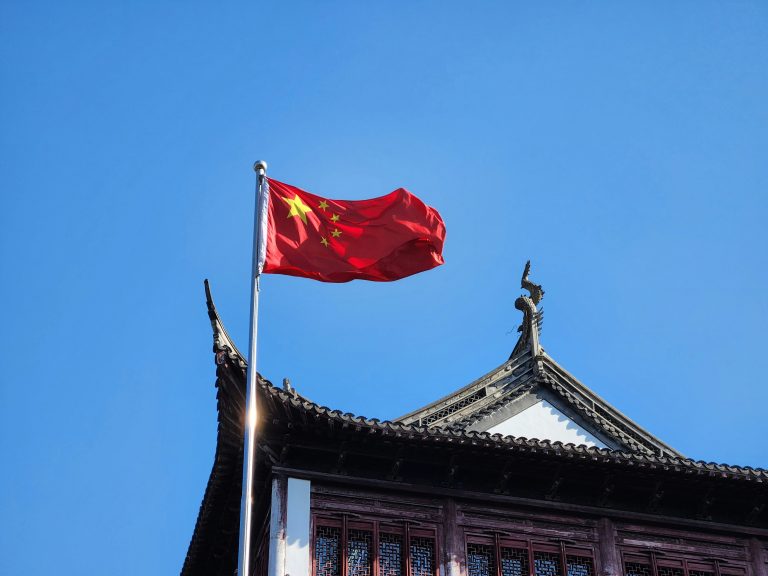China’s much-anticipated stimulus package could vary in size depending on the outcome of the U.S. presidential election, according to analysts. As investors await Beijing’s announcement of fiscal support following the National People’s Congress meeting, the U.S. election outcome may significantly influence China’s economic strategy.
With the U.S. presidential election just days away, Beijing faces two distinct scenarios depending on whether Donald Trump or Kamala Harris wins. Polls close Tuesday, and analysts suggest that the size of China’s stimulus could increase by 10% to 20% if Trump wins, due to the higher risk of more aggressive trade measures.
How the U.S. Election Could Impact China’s Stimulus
Ting Lu, chief China economist at Nomura, suggests that the size of China’s fiscal package will be larger if Trump wins the presidency. Trump has threatened significant tariff hikes on Chinese goods, which could severely impact China’s exports. “The size of China’s fiscal stimulus package would be around 10~20% bigger under a Trump win than under the scenario of a Harris win,” Lu noted.
While Harris, currently the vice president, has not indicated any major shift from the Biden administration’s trade policy, China is likely to face less uncertainty under her leadership. Trump’s threats to raise tariffs as high as 200% would force China to ramp up domestic demand and support to counter the negative impact on its export-driven economy.
Domestic Challenges and U.S.-China Trade Relations
China’s domestic challenges, including a struggling real estate sector and weak consumer demand, have created significant economic headwinds. Zhu Bin, chief economist at Nanhua Futures, emphasized that under a Trump presidency, China would need to rely more heavily on internal demand to support growth. “If Trump wins the election, China’s domestic stimulus will only be larger, not smaller,” Zhu said, adding that this would also put additional downward pressure on the Chinese yuan against the U.S. dollar.
Political analysts are split on whether U.S.-China relations would be better under Trump or Harris. Liqian Ren, leader of quantitative investment at WisdomTree, believes that Harris represents a more predictable U.S. policy direction for Beijing. However, Ren pointed out that the primary focus for China remains upgrading its technology across the board, regardless of who wins the U.S. election.
China’s Stimulus Plans and Domestic Spending Concerns
While Chinese President Xi Jinping has emphasized the need for stronger fiscal and monetary policy to address economic weakness, the specifics of China’s stimulus package remain uncertain. Finance Minister Lan Fo’an hinted at an increase in the fiscal deficit, but approval is still needed before any changes are officially announced.
Analyst forecasts for additional debt issuance vary, with some suggesting China could issue over 10 trillion yuan in new debt over the next few years. Zong Liang, chief researcher at the Bank of China, noted that any stimulus package would likely exceed 4 trillion yuan, surpassing the amount issued during the 2008 financial crisis.
However, Ren believes that stimulus alone may not be enough to solve China’s economic woes, particularly at the local level. Many local governments have been strictly enforcing tax collections, which has stifled business activity and slowed economic recovery. Despite central government support, Ren expects that it will “probably be quite a while” before local authorities feel they have the financial capacity to spend.
Potential Stimulus Focus on Property Market and Consumption
With China’s real estate sector facing ongoing difficulties, Citi analysts expect that stimulus efforts may focus more on supporting property markets, which could help boost consumer spending indirectly. “We believe more decisive consumption support could still be a realistic option under more adverse tariff scenarios,” the Citi report noted.
Though details of the stimulus package remain uncertain, one thing is clear: China’s next steps will be heavily influenced by both domestic and international factors, with the U.S. election playing a crucial role in determining the scale and scope of its economic support.


